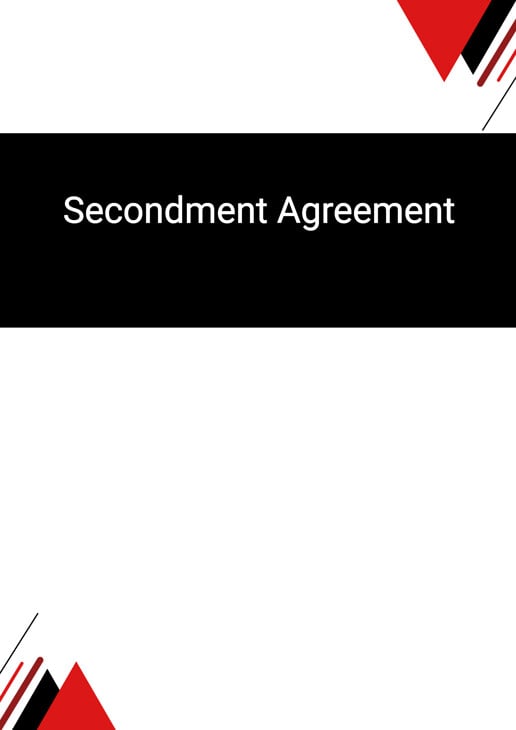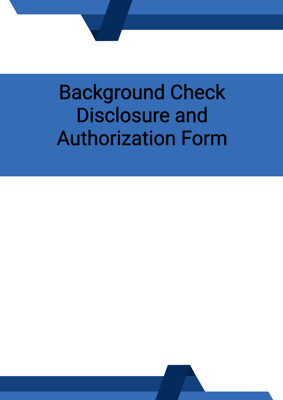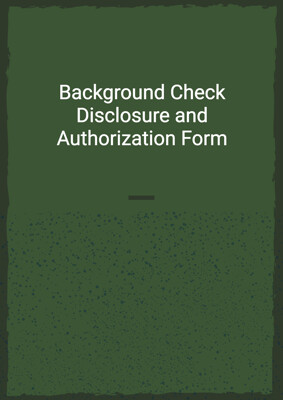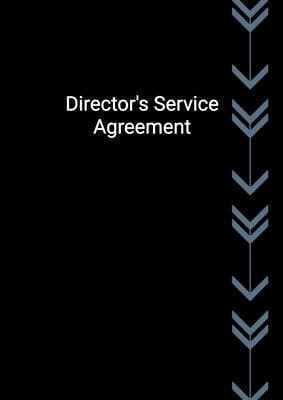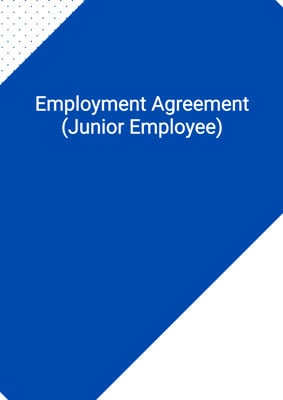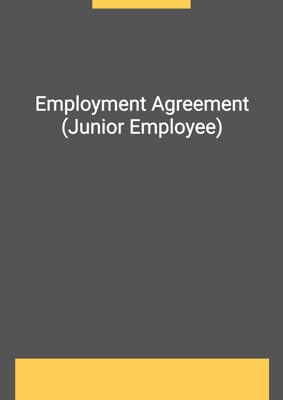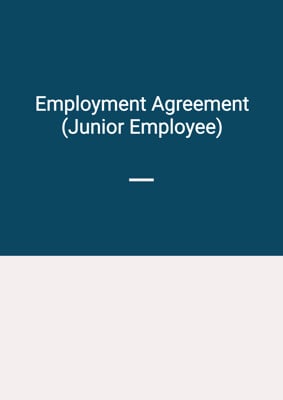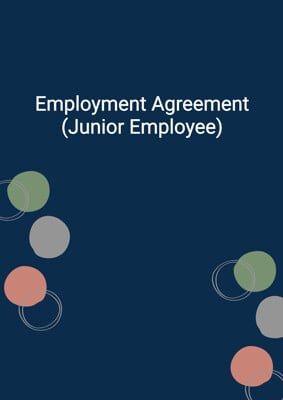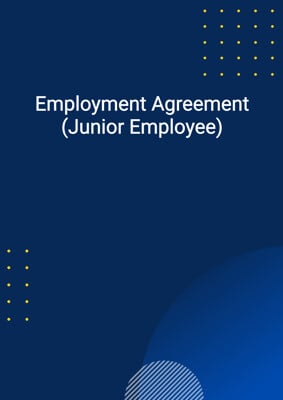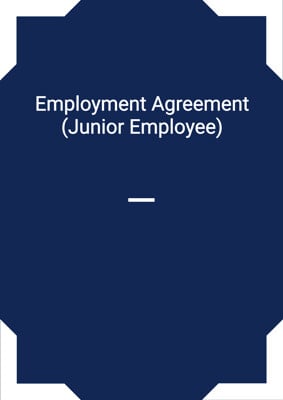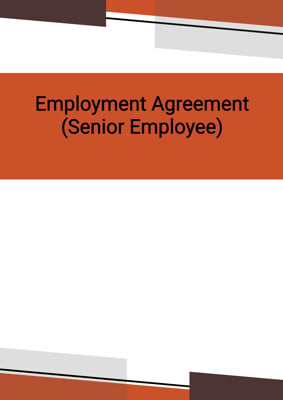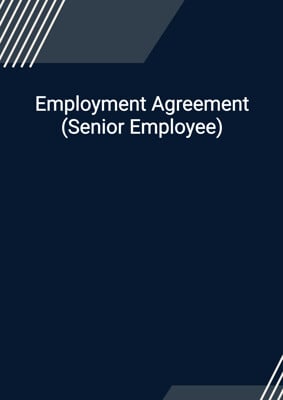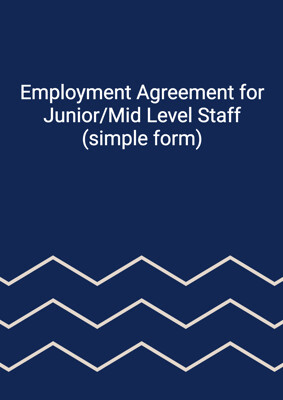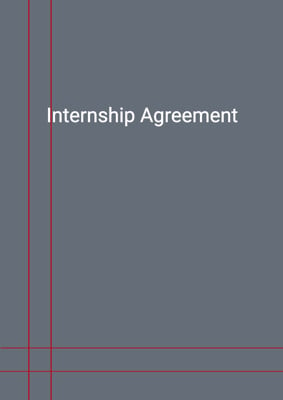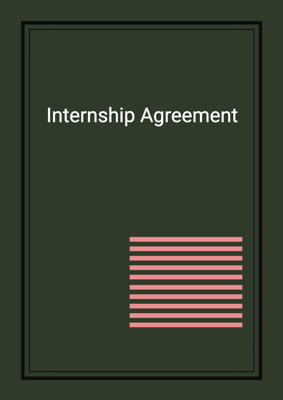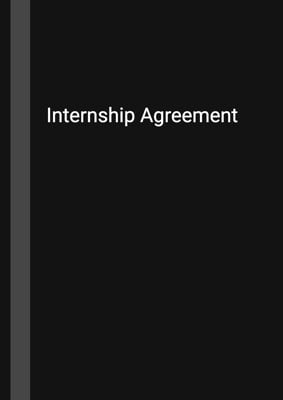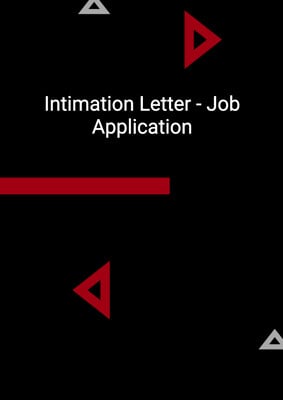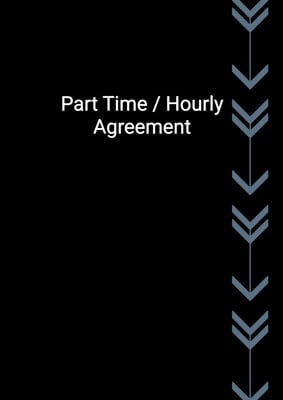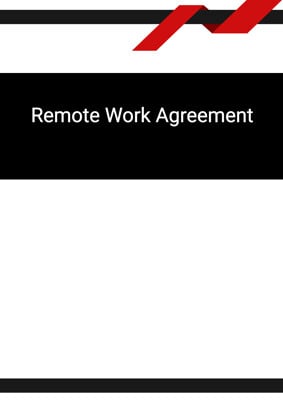How to Tailor the Document for Your Need?
01
Create Document
Fill in the details of the parties. You can click the "Fill with Member’s Information" button to complete it with information saved to your account.
02
Fill Information
Please fill in any additional information by following the step-by-step guide on the left hand side of the preview document and click the "Next" button.
03
Get Document
When you are done, click the "Get Document" button and you can download the document in Word or PDF format.
04
Review Document
Please get all parties to review the document carefully and make any final modifications to ensure that the details are correct before signing the document.
Document Preview
Document Description
The Secondment Agreement is a legal document that outlines the terms and conditions of seconding an employee from one organization (referred to as the 'Employer') to another organization (referred to as the 'Host'). The agreement begins with a detailed introduction, highlighting the importance of the document. It states that the agreement is made between the Employer and the Host, with the purpose of seconding an employee exclusively to the Host for a specified period.
The document is divided into several sections, each providing a detailed description of its contents. The first section, 'Secondment Description,' outlines the position and department in which the employee will be seconded, the duration of the secondment period, and the employee's status as an employee of the Employer throughout the secondment. It also mentions that the employee will be subject to the personnel policies of the Employer and the Host, to the extent that they do not conflict.
The next section, 'Host's Responsibilities,' explains the responsibilities of the Host during the secondment. This includes the management and supervision of the employee, providing a safe working environment, setting performance expectations, and notifying the Employer of any performance management issues or breaches of the secondment terms.
The 'Salary and Benefits' section states that the employee will continue to receive the salary, benefits, and allowances they received from the Employer before the secondment. It clarifies that the Employer will remain responsible for the payment of the employee's salary, benefits, and associated costs during the secondment period. It also mentions the Employer's obligation to pay employment taxes and report the employee's income to the appropriate tax authorities.
The 'Travel' section explains that if the employee is required to travel on behalf of the Host, the Host will directly pay for any travel costs in accordance with their travel policies. The Host will not seek recovery of these costs from the Employer or the employee.
The 'Leave' section states that the employee is entitled to leaves in accordance with applicable employment laws and the Employer's rules. It emphasizes that the employee must obtain prior approval from both the Host and the Employer before taking any leaves during the secondment period.
The 'Secondment Fee' section outlines the fee payable by the Host to the Employer for the provision of the employee's services. It mentions that the Employer will invoice the Host prior to the payment date and that a late charge will be added to any unpaid invoices.
The 'Reimbursement' section states that the Host will directly reimburse the employee for any expenses incurred in relation to the performance of services during the secondment. The employee must submit a claim supported by proof of expenses, such as receipts.
The 'Injury, Damage, and Insurance' section clarifies that the Host will be liable for and indemnify the Employer against any expenses, liabilities, losses, claims, or proceedings arising from personal injury, death, or damage to property caused by the employee's actions or omissions during the secondment. It also mentions that the Employer will maintain insurances, such as worker's compensation insurance, for any compensable illness or injury sustained by the employee during the secondment period.
The 'Non-Solicitation' section prohibits the Host from soliciting, hiring, recruiting, or inducing the employee to terminate their relationship with the Employer or enter into another arrangement with a third party to circumvent the Employer during the term of the agreement or for a period of 6 months after termination.
The 'Ownership of Work Product' section states that any intellectual property created or devised by the employee during the secondment will belong to the Host. If the Employer wishes to use any of the intellectual property, prior written approval from the Host is required.
The 'Indemnity' section clarifies that the Employer shall not be liable for any loss or damage caused by the employee during the secondment. It states that the Host shall indemnify and hold harmless the Employer from any claims, demands, losses, suits, actions, damages, costs, and expenses arising from the employee's negligent acts or omissions. Similarly, the Employer shall indemnify and hold harmless the Host from any claims, demands, losses, suits, actions, damages, costs, and expenses arising from the employee's employment or termination of employment during the secondment period.
The 'Confidentiality' section addresses the employee's access to the Host's confidential information during the secondment. It states that the employee must not use, divulge, or communicate the confidential information to any person, and the Employer must make reasonable efforts to ensure compliance.
The 'Termination' section outlines the circumstances under which either party may terminate the agreement, including bankruptcy, material breach of obligations, or termination of the employee's employment with the Employer. It states that upon termination, the employee will automatically revert to employment with the Employer in accordance with their terms and conditions of employment.
The 'Amendment' section states that any variation of the agreement must be in writing and signed by the parties. It clarifies that a variation does not constitute a general waiver of any provisions and does not affect rights, obligations, or liabilities that have already accrued.
The 'Severability' section addresses the invalidity or unenforceability of any provision of the agreement. It states that such provision shall be deemed not to be included, but it does not invalidate the remaining provisions. The parties are required to negotiate a valid substitute provision in good faith.
The 'Warranty of Capacity and Power' section includes representations and warranties from each party regarding their authority, power, and capacity to enter into and carry out the obligations under the agreement.
The 'Force Majeure' section states that none of the parties shall be liable for any failure or delay in performing their obligations under the agreement due to causes outside their reasonable control.
The 'No Rights under Contracts for Third Parties' section clarifies that a person who is not a party to the agreement has no right to enforce its terms under any law.
The 'Arbitration and Proper Law' section encourages the parties to resolve any disputes amicably and in good faith. It also includes a jurisdiction clause specifying the applicable law.
The 'Notices and Service' section explains the methods of serving notices between the parties, including delivery by hand, email, or post. It provides the addresses and contact details of the parties for the purpose of serving notices.
The 'Counterparts' section states that the agreement may be executed in any number of counterparts, each of which is considered an original but together constitute one instrument.
The agreement concludes with the signatures of the parties and the date on which it was signed.
How to use this document?
To use the Secondment Agreement, follow these steps:
1. Review the agreement: Read the entire agreement carefully to understand its terms and conditions.
2. Customize the agreement: Modify the agreement as necessary to reflect the specific details of the secondment arrangement, such as the names and addresses of the parties, the position and department of the employee, the secondment period, and the services to be provided.
3. Seek legal advice: If needed, consult with a legal professional to ensure that the agreement complies with applicable laws and meets the specific requirements of the parties involved.
4. Obtain signatures: Once the agreement has been customized, ensure that all parties involved sign the agreement. Each party should keep a copy of the signed agreement for their records.
5. Communicate responsibilities: Clearly communicate the responsibilities outlined in the agreement to the employee, the Employer, and the Host. Ensure that all parties understand their roles and obligations during the secondment.
6. Monitor performance: Throughout the secondment period, monitor the employee's performance and address any performance management issues promptly. Notify the Employer of any breaches of the secondment terms.
7. Handle salary and benefits: The Employer should continue to pay the employee's salary, benefits, and associated costs during the secondment period. Ensure that all necessary employment taxes are paid and reported in compliance with applicable laws.
8. Reimburse expenses: The Host should reimburse the employee for any expenses incurred in relation to the performance of services during the secondment. The employee should submit a claim supported by proof of expenses.
9. Maintain insurance: The Employer should maintain appropriate insurances, such as worker's compensation insurance, to cover any compensable illness or injury sustained by the employee during the secondment period.
10. Protect confidential information: The employee should adhere to the confidentiality obligations outlined in the agreement and not disclose any confidential information of the Host to unauthorized individuals.
11. Terminate the agreement: If necessary, follow the termination provisions outlined in the agreement to end the secondment arrangement. Notify the parties involved and ensure a smooth transition back to the employee's employment with the Employer.
Please note that this guidance is provided for informational purposes only and should not be considered legal advice. It is recommended to consult with a legal professional to address specific legal concerns and ensure compliance with applicable laws.
Not the right document?
Don’t worry, we have thousands of documents for you to choose from:
